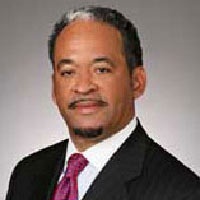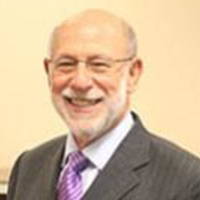District of Columbia Estate Lawyer List
Sponsored Law Firm
-
 x
x

Click For More Info:
-
Price Benowitz LLP
409 7Th St Nw Suite 200 Washington, DC 20004» view mapEstate Law Working Relentlessly For You
Our firm was built on the understanding that comprehensive representation does not begin and end in the courtroom.
202-600-9400
Charles Arthur Ray
✓ VERIFIEDCharles A. Ray, Jr. concentrates his practice in Federal Tax Law, representing both individuals and corporations. His impeccable resume reveals a prov... (more)
Elizabeth Victoria Noel
✓ VERIFIEDElizabeth Victoria Noel, Esq. is a tax attorney with an extensive background in financial matters related to investments, estate planning, retirement ... (more)
John Samuels Pontius
Pontius Tax Law, PLLC strives to resolve sensitive tax problems through trust, dedication, and value. The law firm was founded by John Pontius. Mr. Po... (more)
Kerri M Castellini
Kerri Castellini is a lawyer in of Washington D.C. who focuses on trusts and estates. She has also tried cases involving guardianship, power of atto... (more)
Robert S. Bullock
✓ VERIFIEDRobert S. Bullock, Esq., CELA, CAP is the principal of the Elder & Disability Law Center and is licensed to practice in the District of Columbia, Mary... (more)
Skyler Showell
✓ VERIFIEDBusiness Lawyer proudly serving Washington, DC and the surrounding areas.
Thecla Bethel
✓ VERIFIEDThecla Bethel is a practicing lawyer in the District of Columbia.
 Seth Price Washington, DC
Seth Price Washington, DC AboutPrice Benowitz LLP
AboutPrice Benowitz LLP Practice AreasExpertise
Practice AreasExpertise









